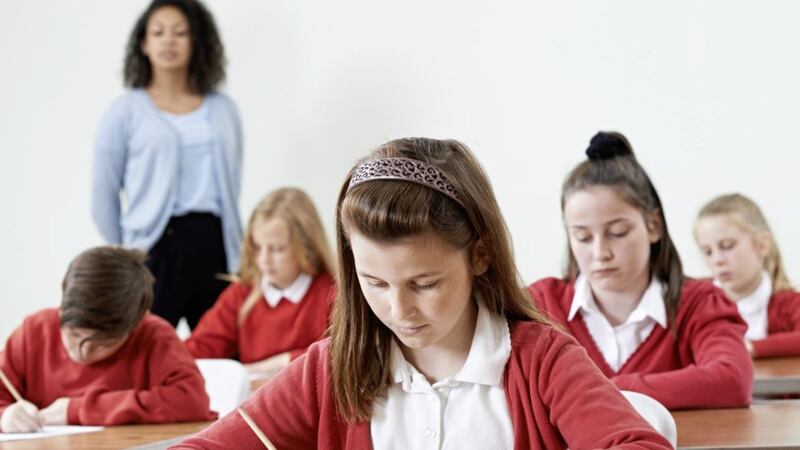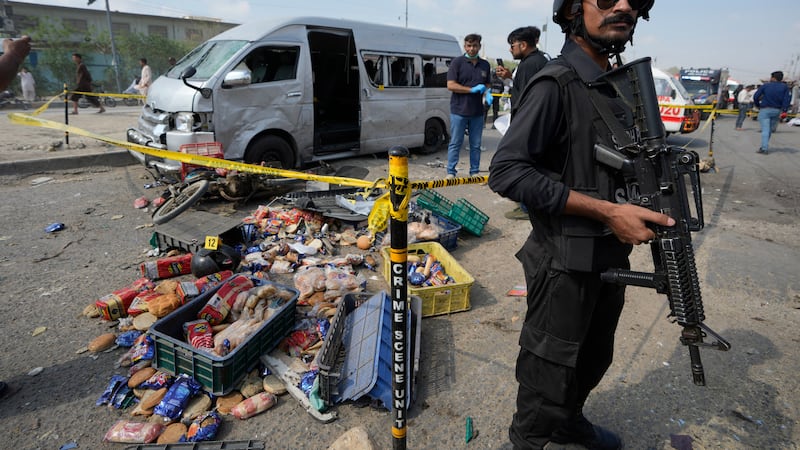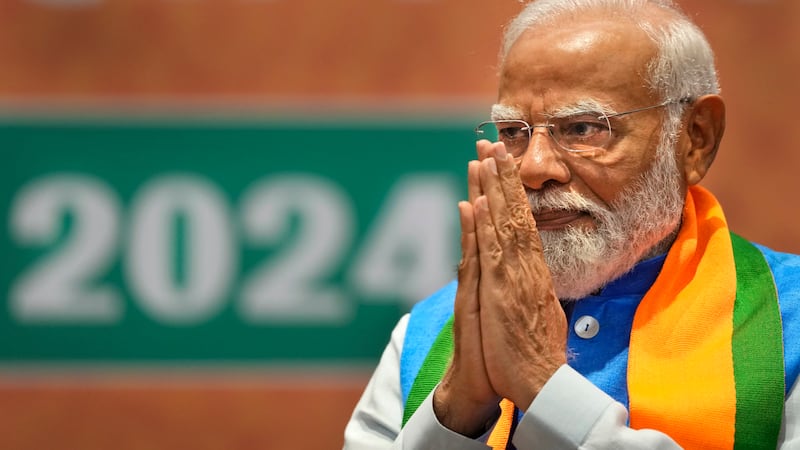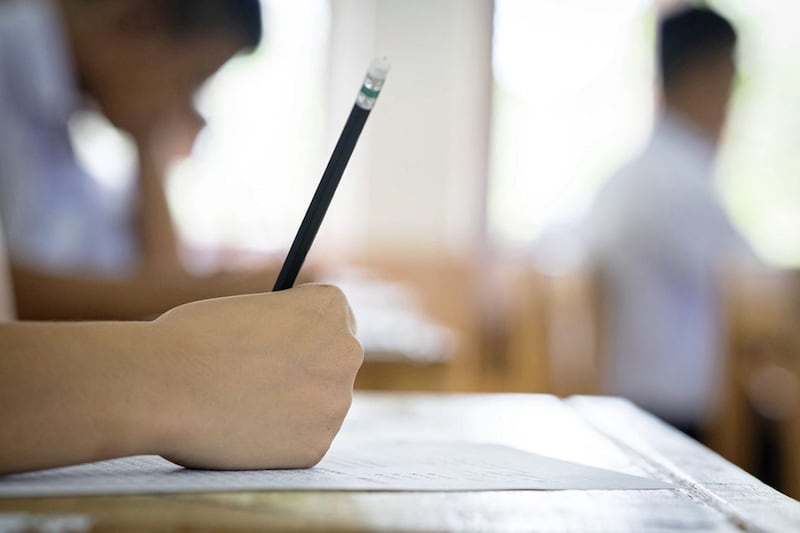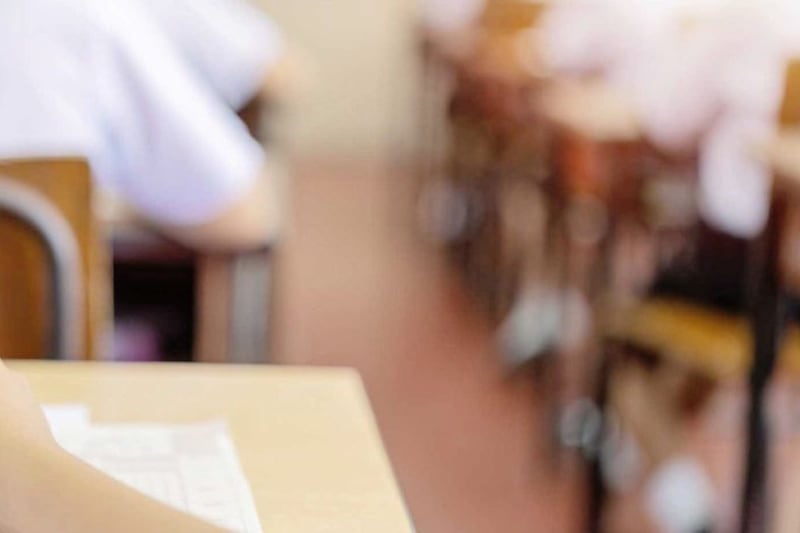ALMOST £30,000 of public money was spent trying to establish a single 11-plus - even though the Department of Education has "no role".
Fees and expenses were paid to three experts asked to shake-up the unofficial transfer test system.
It has nearly been a year since the ministerial-appointed panel published its discussion paper Towards a Common Assessment for Academic Selection.
There has been little progress since.
Schools remain split into two camps, using either the Common Entrance Assessment (CEA) or multiple-choice papers set by GL Assessment.
There had been no state involvement in 11-plus exams in a decade.
This changed when the DUP took charge of education, first lifting a ban on 11-plus coaching in schools then appointing the panel to find a common exam.
Record numbers of P7 children this year received results of 11-plus exams, which determine whether or not they secure a grammar school place. As many children take both exams, they must sit separate papers on four consecutive weekends.
Professor Peter Tymms from Durham University was appointed to produce a report to provide a starting point for discussion on what form a common assessment might take. He was joined by Professor David Galloway, also from Durham, and Paul Latham, an independent education consultant.
Former DUP education minister Peter Weir said the idea was to simplify the transfer test process and it was hoped a new assessment would be in place by autumn 2018.
The discussion paper suggested children should sit three 45-minute test papers. Two papers would be multiple choice while the third would instead contain writing and maths exercises. All three could be taken on a single day.
Observers questioned why the DUP got involved when all previous efforts to bring the rival camps together, or reach a reasonable compromise, had failed.
Asked what it had done with the report and its findings, the department said Prof Tymms' report was provided to the test providers "to enable/facilitate ongoing dialogue around a single test which appeared to be the preferred choice of parents".
"However, as DE has no current role in the selection process any change in the current system and a move to a single assessment test will be subject to the test providers and the selective schools reaching agreement," a spokeswoman said.
Asked how much it spent on something for which it had "no current role", the department said it provided £20,880 in fees to the three and a further £5,795.26 in expenses, which covered hotel stays, flights and meals.
Asked about the report, Stephen Connolly from the Association for Quality Education, which manages the CEA, said both groups were still "engaged in a process of negotiations".
"The atmosphere is very positive and the aim is to report back to the two organisations as soon as is feasible," he said.
"Until the process has reached an outcome we do not intend to release any interim reports."
